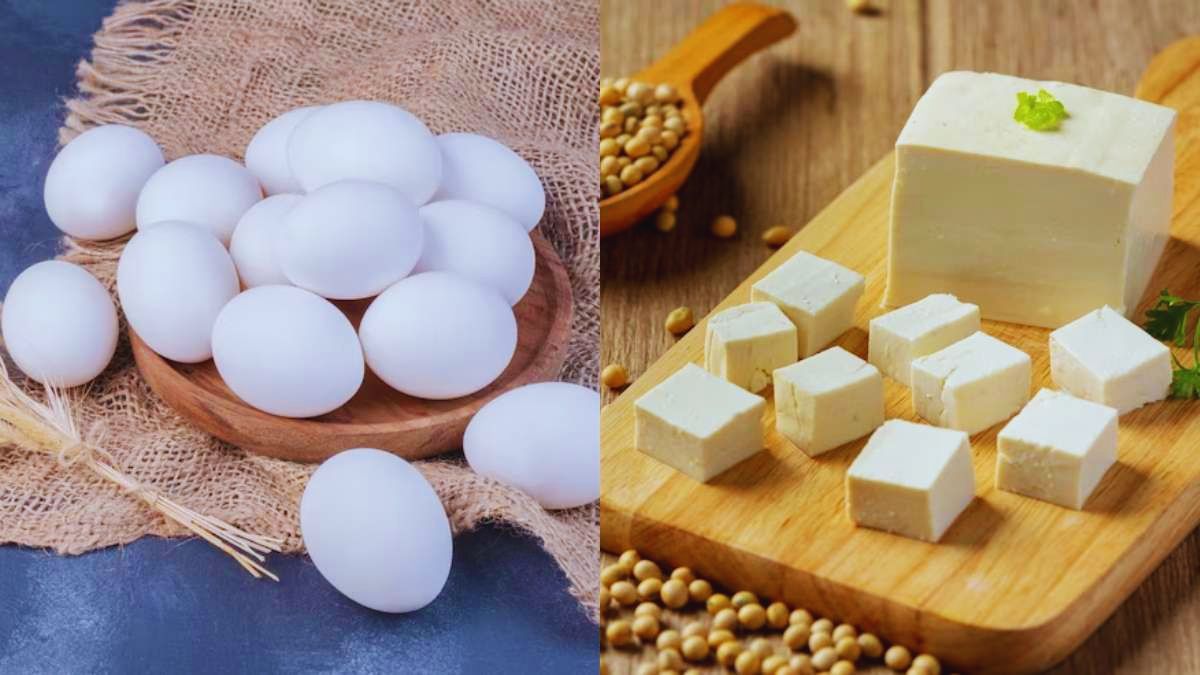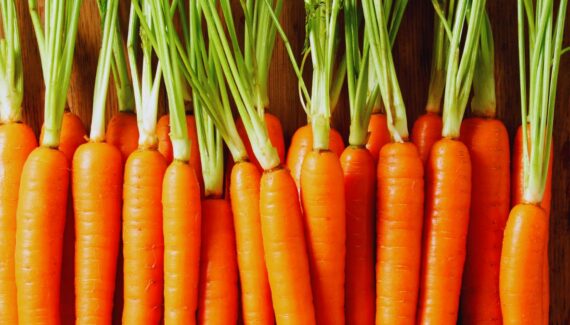Protein is one of the most important nutrients for the human body. Protein is often called the building block of life, essential for muscle repair, hormone production, and overall health. It helps build muscles, supports weight loss, keeps us full for longer, and improves overall health. In India, two of the most popular sources of protein are eggs and paneer (cottage cheese). Both are easily available, versatile, and packed with abundant nutritional value.
The popular question that many people ask: Which one is better, egg or paneer?
The answer isn’t so clear and simple. It depends on several factors – age, fitness goals, whether you’re a vegetarian or non-vegetarian, and even your digestion habits. In this article, we compare egg and paneer based on protein content, calories, health benefits, and more to help you make the right choice for you to include in your diet intake.
Egg vs Paneer: The Better Source of Protein
1. PROTEIN CONTENT: HOW MUCH DO YOU GET?
One boiled egg (about 50 grams) gives around 6-6.5 grams of protein.
100 grams of paneer contains about 18 grams of protein.
While paneer offers more protein per 100 grams, it also has more fat. Eggs are lighter and protein-rich, especially the whites, which have almost no fat. Eggs can be opted for their quality; while paneer is the right choice in terms of quantity per serving size.
2. CALORIE CHECK: EGG IS LIGHTER
One boiled egg (50 gms) contains about 70- 80 calories, depending on its size. It contains all nine essential amino acids in the right ratios for human needs.
100 grams of paneer contains around 250 – 300 calories, depending on its preparation style. However, its amino acid profile is slightly less balanced compared to eggs, though still valuable, especially for vegetarians.
If you’re watching your weight or counting calories, eggs are a better option. Paneer is denser and high in fat, especially if it’s made from full-cream milk. Eggs are lower in fat and calories, making them more diet-friendly.

3. DIGESTIBILITY: WHAT’S EASIER ON THE STOMACH?
Egg whites are easy to digest and often recommended for people with sensitive stomachs. Paneer is also generally easy to digest, but may cause bloating or discomfort in people who are lactose-intolerant or sensitive to dairy. For babies, older people, or anyone with digestion issues, boiled eggs (without the yolk) are usually gentler.
4. VEGETARIAN VS NON-VEGETARIAN: WHAT’S YOUR CHOICE?
Eggs are considered non-vegetarian by many, though some vegetarians (called eggetarians) do eat them. Paneer, on the other hand, is 100% vegetarian and a go-to protein source for those who avoid meat or eggs. If you’re strictly vegetarian, paneer is your best bet for a high-protein option.
5. HEALTH BENEFITS: BOTH HAVE THEIR STRENGTHS
- Eggs are rich in vitamin B12, vitamin D, and healthy fats. They support brain function and are good for the eyes
- Paneer provides calcium, phosphorus, and vitamin B2, which are great for bones and teeth
Both foods are healthy and nutritious when eaten in moderation. However, people with high cholesterol may be advised to avoid egg yolks or full-fat paneer.
While there is no clear winner between the two options – egg and paneer, both are excellent sources of protein and offer unique benefits. If you are on a low-fat, low-calorie diet or building muscle, egg whites are ideal. If you’re a vegetarian or need more calcium and energy, paneer is a great option. If your priority is highest-quality protein and lower calories, eggs have a slight edge. If you need more protein per portion and extra calcium — especially as a vegetarian — paneer is an excellent choice.
However, one doesn’t always have to choose. You can include both in your weekly meal plan based on your taste, health needs, and goals, unless an individual is allergic to a particular type or has been advised as per the dietary or nutritional preferences by experts.



